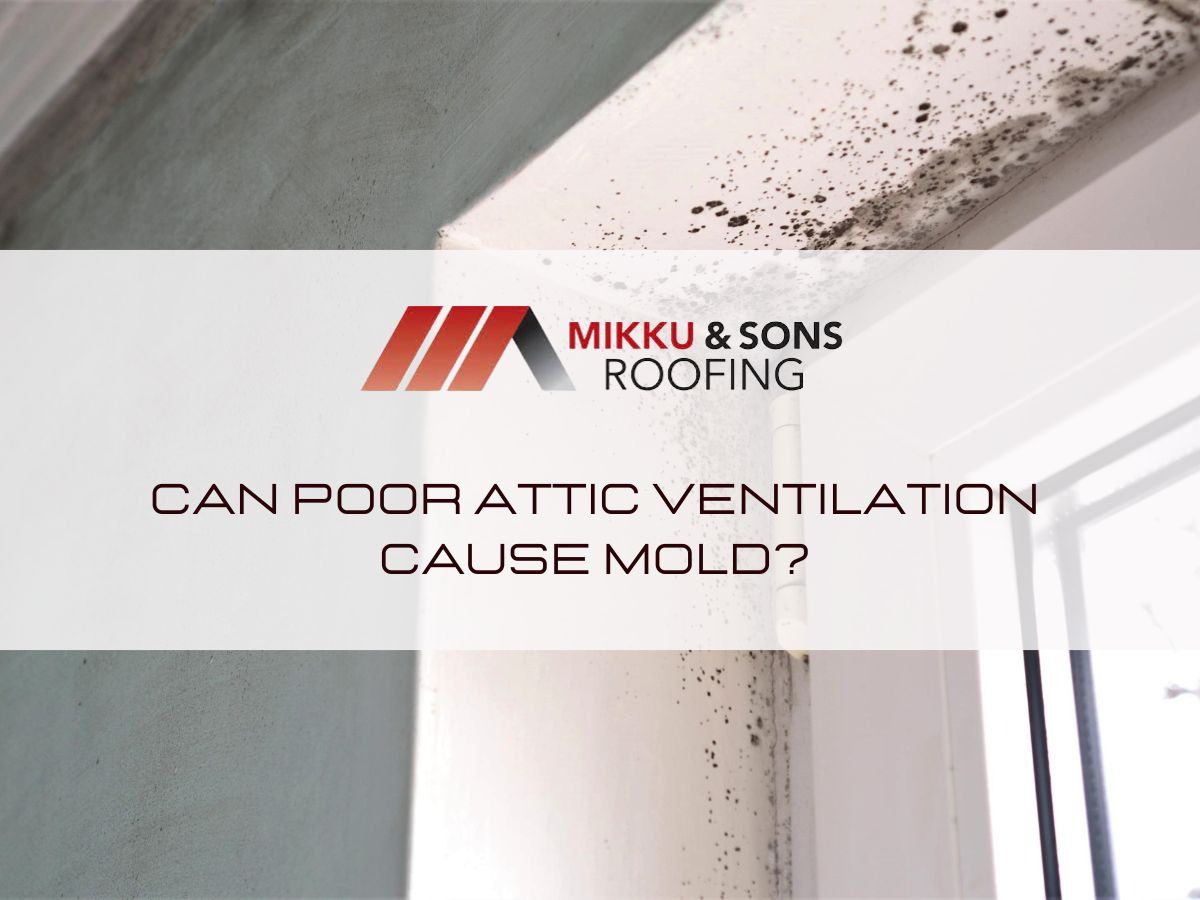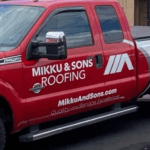

A new roof is a big investment that typically can cost thousands of dollars. The materials you use will be a small portion of your investment.
Most of it will go toward the skilled labor involved. That means choosing an experienced roof installation contractor is the best route to protect your investment and ensure a proper job.
Sounds simple, right? Unfortunately, roofing is a business that requires little more than a pickup, a ladder, and some basic tools start, so you have to be careful and diligent in choosing the right roofer for your project.
If you can get recommendations from a neighbor, friend, or someone you are familiar with, it's probably the best route to proceed.
Gather the names of at least two potential companies. Make sure each one has been in business for a minimum of five years. Roofing corporations who do bad work generally won’t be in a business that long and are usually unlicensed.
Check the availability of your roofer. There’s no reason to waste time if they’re booked up for months. Make sure to get calls and addresses of past customers, and eliminate any contractor that is hesitant to provide them.
Do a drive-by inspection of a few of their recent projects. If it's a shingle roof, visually make sure that the spaces between individual shingle tabs, known as water gaps, line up laser-straight as they alternate shingle rows.
Make sure the shingles are trimmed in a clean path along the valleys where they overlap the flashing. On the ends of the roof, shingles should also be neatly trimmed so they align with the leading edge of the roof. Ragged paths mean poor work.
Likewise look for neat, tar-free flashing at the roof valleys and at the eaves.
If the roofs look like they stand up to scrutiny, call their past customers and ask them these questions:
When a roofing company comes by to estimate your job and work up a price quote, notice their look. If they aren’t clean enough to sit at your dinner table, do you really want them working on your property?
Make sure to detail the entire assortment of your expectations. Know who will be doing the work and who the main foreman will be. Always get everything in writing.
If you like them, then it’s time to ask if they carry workman’s compensation coverage and at the least$ 1 million of liability insurance.
Get the name and contact information of the roofer’s insurance agent and ask the agent for their proof-of-insurance certifications.
After you’ve seen these documents, then it's time to talk about an estimate, which they should be doing for free.
Make sure you get a warranty that takes care of leaks, flashing loss or failure, and any other labor-related issues.
A one-year warranty is a minimum you should get, but two or three years is what you should really demand. These same specifications need to be in the contract, which should also include what type of quality materials they will be using.
Make sure you ask for the highest-rated, longest-lasting shingles or tiles you can afford to pay for.
Manufacturers generally warrant their products for 20 to 30 years.
Some can be voided if shingles are put on over existing ones, so tearing off the existing layer of shingles might be required, which would be an additional expense. Asphalt shingle roofs should last 13 to 15 years on average, so a 20-year warranty is what you would want.
Tiles should last 30 to 40 years. Make sure to get the proper paperwork and proof of purchase required, in case you have to pursue any problems that arise in the future.
